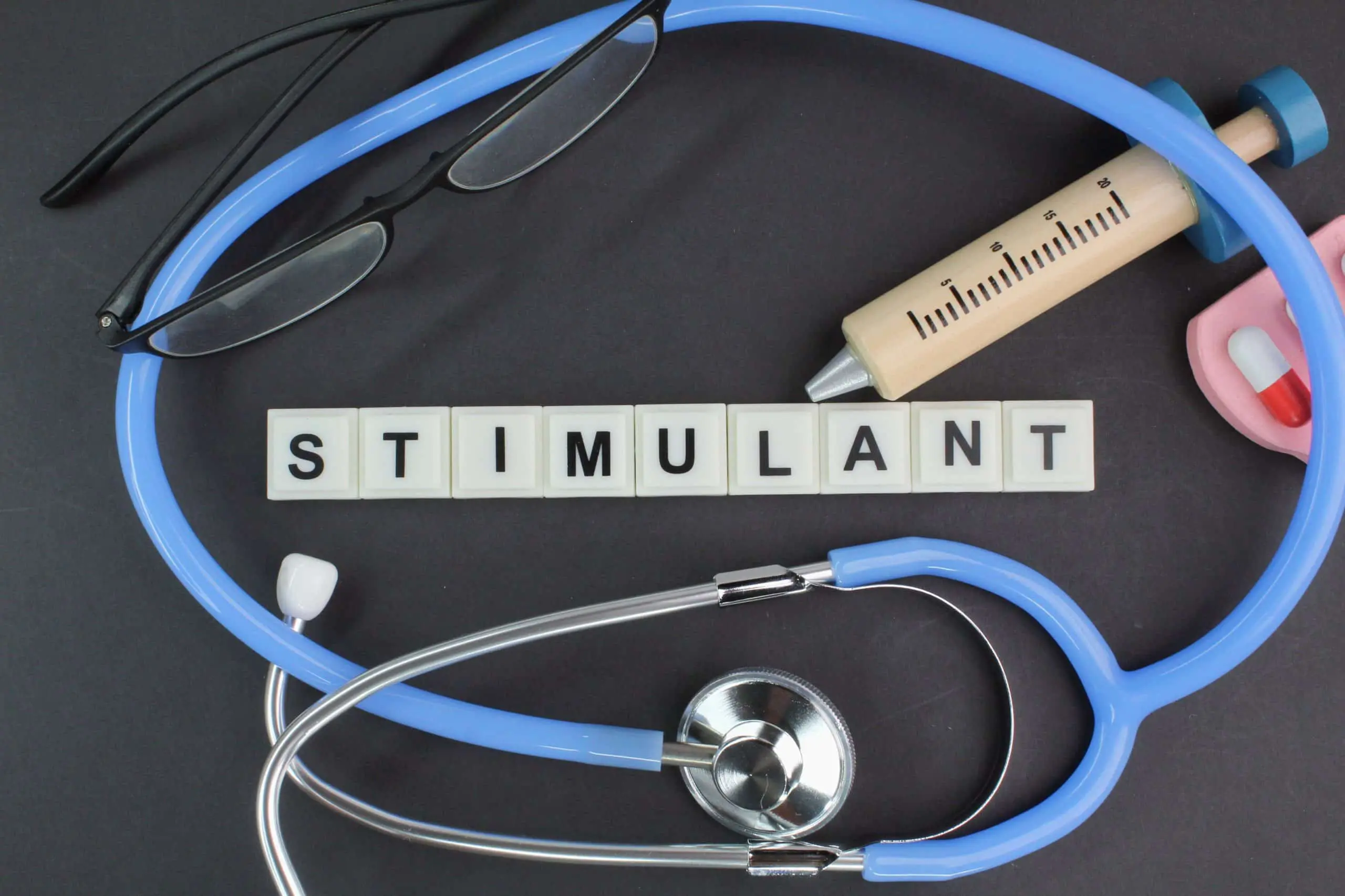Summary:
- Definition and understanding of stimulants.
- The many forms of stimulants.
- Differentiating between stimulants and depressants.
- The impact of stimulants on the body and mind.
- Recognizing the potential dangers and seeking help.
Diving into the World of Stimulants
Stimulants: they’re not just substances; they’re part of a world that many find themselves navigating, often without a compass. Stimulants represent a category of drugs that increase the activity of the central nervous system. This results in heightened alertness, enhanced mood, and increased energy. While they offer certain benefits, especially for medical purposes, they also carry potential risks, especially when abused.
Differentiating Between Stimulants and Depressants
At the core, the main difference between a stimulant vs depressant is how they affect the central nervous system. While stimulants increase its activity, depressants slow it down. Stimulants increase alertness, making you feel more awake and focused. They can induce feelings of euphoria, often contributing to their misuse. Due to their pleasurable effects, many stimulants have a high potential for misuse and addiction. Alcohol, often mistaken as a stimulant due to its initial euphoric effects, is actually a depressant. Depressants induce relaxation, calmness, and sedation. Misuse of depressants, especially when combined with other substances like alcohol, can lead to overdose and life-threatening consequences. On the other hand, cocaine is a powerful stimulant. Recognizing this distinction helps in understanding their contrasting impacts. Misuse of these substances can result in severe health consequences, including heart problems, respiratory issues, and cognitive impairment.
Pills, Powders, and Plants: The Many Faces of Stimulants
- Pills: Many prescription medications fall under the stimulant category. They’re often prescribed for conditions like ADHD but can be misused for their stimulating effects.
- Powders: Commonly known as “coke”, cocaine is a well-known powdered stimulant. It provides an intense but short-lived high, often leading users to take repeated doses.
- Plants: Colloquially known as ‘weed’, marijuana can have both stimulating and depressant effects. The response often depends on the strain and the individual’s reaction.
The Social Connection: Drinks and Drugs
In the intricate web of social interactions, drinks, and drugs often play a significant role. Alcohol is a ubiquitous presence in social gatherings. Alcohol is often seen as a social lubricant, helping individuals feel more relaxed and confident in social situations. While moderate alcohol consumption can enhance social experiences, excessive drinking can lead to impaired judgment and strained relationships. Many might wonder where drinks like tequila fit into this spectrum, considering alcohol’s status as a depressant. While drinks like tequila can provide a euphoric feeling, similar to a stimulant’s effect, it’s essential to remember that they slow down the body’s systems. Mixing stimulants and depressants, like cocaine and alcohol or marijuana and tequila, can have unpredictable and dangerous effects.
To maintain healthy social connections while minimizing the risks associated with alcohol and drug use:
- Set Boundaries: Establish clear boundaries regarding substance use and communicate them to your social circle.
- Seek Support: If you or someone you know is struggling with substance misuse, seek support from professionals or support groups.
- Educate Yourself: Understand the risks and consequences of substance use to make informed decisions.
- Prioritize Health: Prioritize your well-being and seek help if substance use is negatively affecting your life.
Recognizing the Potential Dangers
While stimulants can offer euphoria and increased energy, they also come with potential risks. Over time, excessive use can lead to physical dependency and harmful side effects. Stimulants can lead to a significant increase in heart rate and blood pressure, increasing the risk of heart problems. In some cases, stimulant use can lead to irregular heart rhythms, potentially resulting in severe health consequences. Stimulants can trigger or exacerbate anxiety disorders, leading to frequent panic attacks and heightened anxiety. Users may experience mood swings, ranging from extreme euphoria to deep depression. Stimulants may impair judgment and decision-making, leading individuals to engage in risky behaviors. Possession and distribution of certain stimulants, especially illegal ones, can lead to criminal charges and legal issues. Heroin, a depressant, demonstrates the danger of substance abuse, with its powerful addictive qualities and potential for overdose.
Finding Your Way to Recovery
Recovery from stimulant addiction is not only possible but achievable with the right support and determination. Begin by honestly assessing your relationship with stimulants. Recognize the impact they’ve had on your life, both positive and negative. Accept that recovery is a process and that seeking help is a sign of strength, not weakness. Understanding the varied world of stimulants is just one step on the journey. If you or someone you know struggles with substance abuse, whether it’s with pills, powders, or other forms, know that there’s hope. Recovery is a journey, and it’s one you don’t have to undertake alone.
Substance abuse can be complex, with many substances crossing into various categories. Knowledge is the first step towards making informed choices and recognizing when one might be headed down a potentially dangerous path. It’s essential to stay informed and to seek help when needed.
If you or a loved one is struggling with substance abuse or addiction, don’t wait. Vanity Wellness Center is here to help, offering tailored treatments for every individual. Please contact us at 866-587-1737 for support and guidance on your road to recovery.


